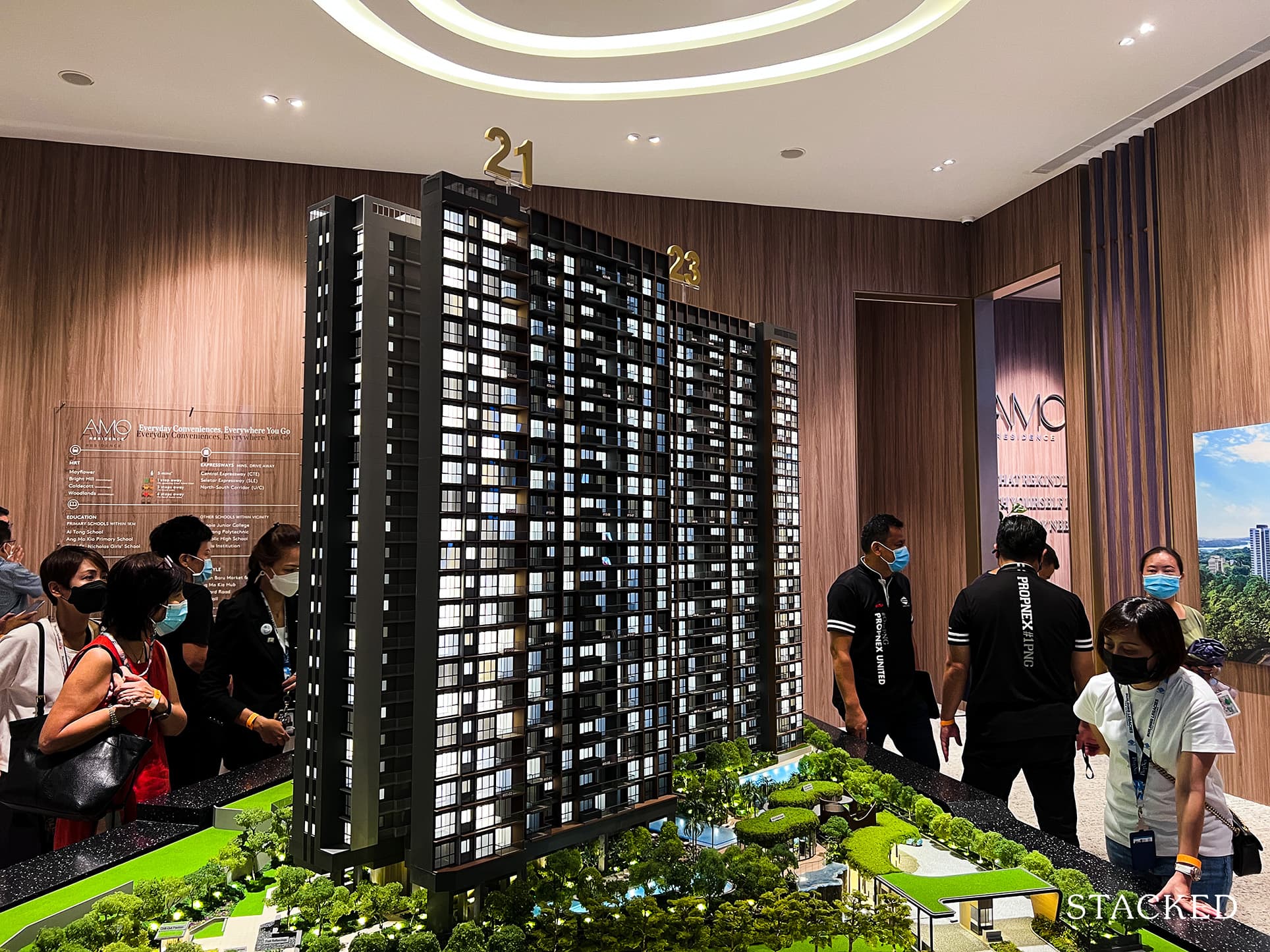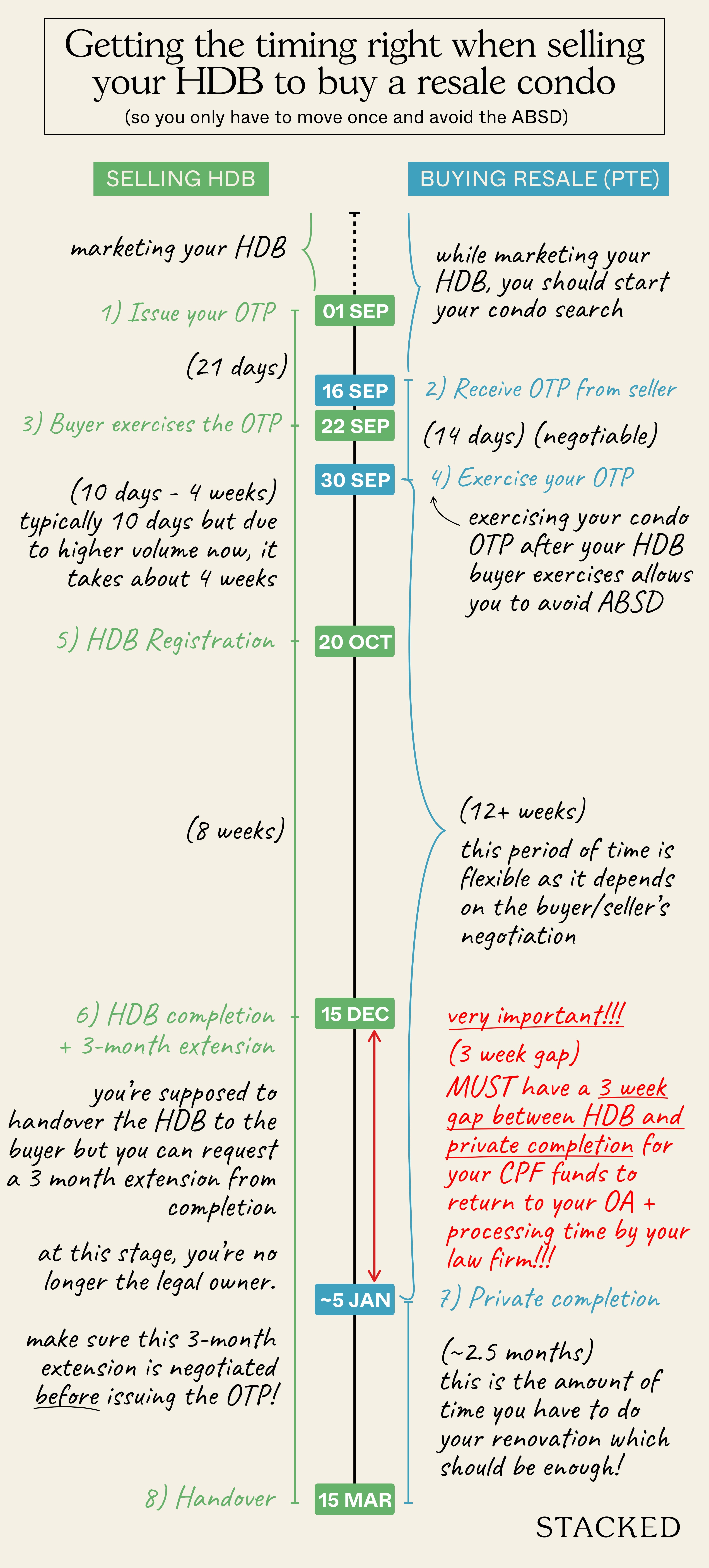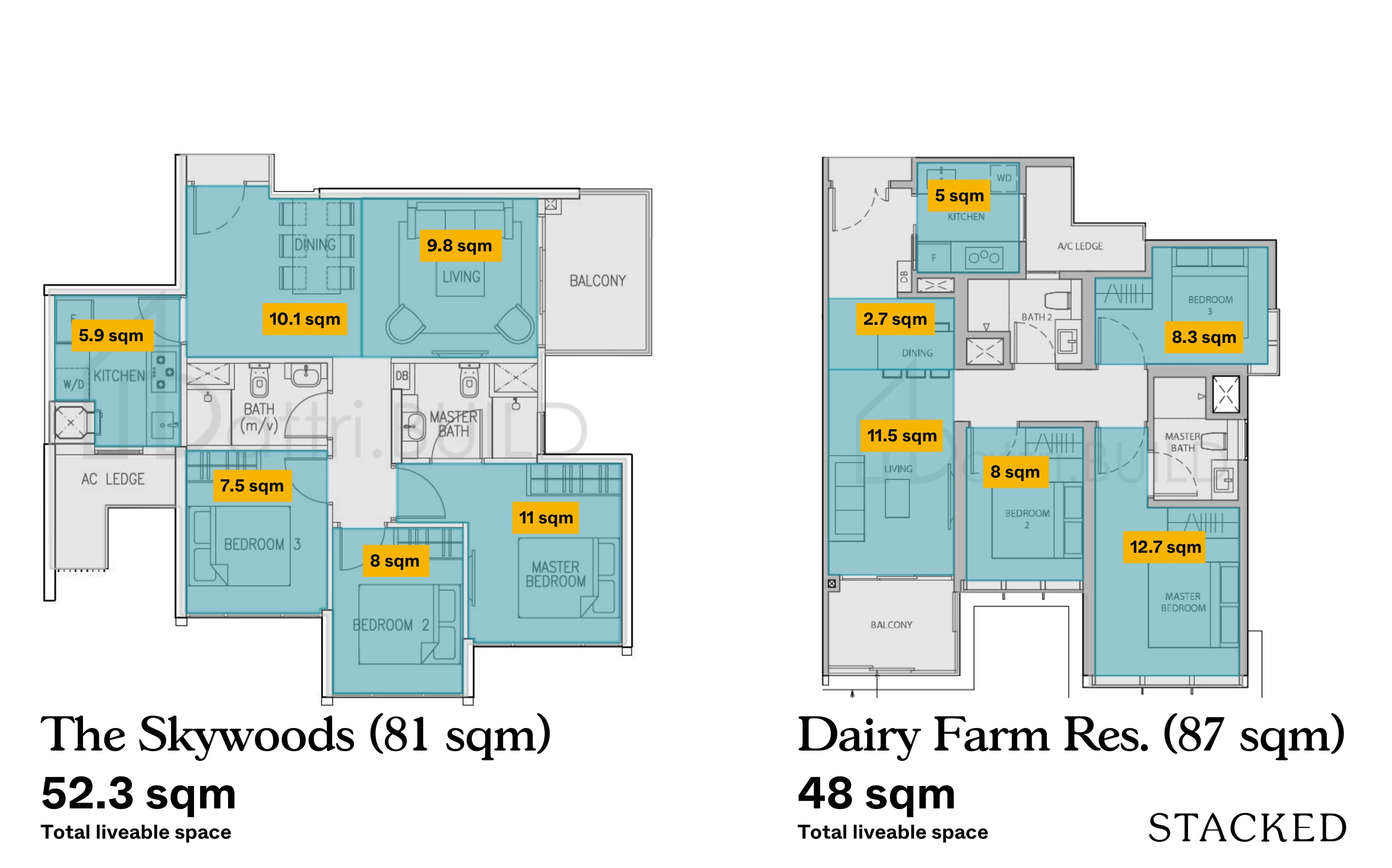7 Useful Questions To Ask Your Property Agent Before You Buy Or Sell Your Property
December 7, 2022

Most of us know the routine questions to ask a realtor, such as “how long have you been in the industry,” or “where was the last place you sold,” and so forth. These questions are so common that most realtors already have well-prepared answers; most of which we take at face value. When it comes to your specific transaction, however, there are questions that are useful but often overlooked. Take note of these:
Table Of Contents
- 1. Can you present a timeline for my upgrading?
- 2. Do you get referral fees from anywhere besides my service fee?
- 3. Can you tell me anything about your marketing spend for my listing?
- 4. How do you source for tenants/buyers?
- 5. Ask how much of the square footage is actual living space
- 6. If buying a resale unit, ask what’s new and what’s not
- 7. Am I paying a premium on this stack?
So many readers write in because they're unsure what to do next, and don't know who to trust.
If this sounds familiar, we offer structured 1-to-1 consultations where we walk through your finances, goals, and market options objectively.
No obligation. Just clarity.
Learn more here.
1. Can you present a timeline for my upgrading?
If you’re selling a home to buy another one (e.g., selling a flat to buy a condo), the timeline is essential. For example:
If you’re buying your condo before selling your flat, you will incur the Additional Buyers Stamp Duty (ABSD). However, if the timeline is such that you exercise the Option To Purchase (OTP) for your condo only after a buyer has exercised the OTP for your flat, you can avoid paying the upfront ABSD.
An experienced real estate agent should have no problems explaining all this to you, along with a detailed timeline of when each step is taken, and why.

Understanding the timeline is also important because, on your end, it allows you to plan your finances accordingly.
2. Do you get referral fees from anywhere besides my service fee?
Some property agents get referral fees from mortgage bankers (when they refer you for a loan), contractors and Interior Designers, or others. This isn’t to say their recommendations are necessarily wrong, but it’s important that you’re aware of their interests.
For example, a buyer who goes straight to a mortgage banker that’s recommended by an agent – but doesn’t go to an independent mortgage broker first – might not be getting the cheapest or the most suitable loan.
There’s an inherent risk that the agent will refer you to the person paying them the highest referral fee, rather than to the best option for you.
3. Can you tell me anything about your marketing spend for my listing?
Marketing spend is rarely equal for all listings. For example: if an agent has a monthly marketing budget of $1,500, and three listings, it’s improbable each listing will get an equal $500 worth of marketing.
Rather, the agent may spend $1,000 on marketing the property with a higher commission, $450 on the cheaper listing, and a single $50 “refresh” for a listing for which there’s no exclusive deal.
Even if a realtor doesn’t want to disclose the dollar amount of their marketing, they can at least explain the efforts taken – such as describing how often they refresh the listing on portals, how much they spend to stage the house, whether they will use a professional photographer to help, etc.
In general, you would prefer the agent who is willing to spend more for your listing; and this conversation can open further negotiations (e.g., you might get the agent to shoot a video as well if you agree to a slight bump in their commission).
This is something that many people overlook when it comes to selling their homes. If you have a home that is more niche (ground floor unit or penthouse), or due to attributes like noisy traffic, etc, you will obviously need more marketing spend to attract the right audience to your home.
Bear in mind that as consumers we have it good in Singapore! In places like Australia, any marketing spend that the agent incurs is charged to the seller (it does come to have its own set of issues as well).
4. How do you source for tenants/buyers?
Different agents have their own methods. Some property agents specialise in a specific segment of the market, such as older landed units, and will already have a list of potential buyers; other property agents may find leads through their personal network or rely entirely on the listing itself to draw interest. This is especially so when it comes to the high-end market, where you’ll typically find that buyers won’t be trawling property listing sites to find a home.
In general, if you want to make a fast transaction, you would prefer an agent who is specialised and has a few buyers in mind already. This is quite tough to verify – one possible solution is to ask about their last few transactions and then check on CEA. If they’re specialised in your type of property or your location, then most of their previous deals will reflect this. You can also possibly judge this by the number of flyers that you have seen from them over the months, or by the number of listings that they hold online.
Besides the agent’s sources, you should ask about their process of screening inquiries. For example, an agent who is finding tenants must have a way of detecting those who are likely to break their lease, default, or cause problems with the property.
If you’re trying to sell, some agents use approaches like entertaining only prospects who have In-Principal Approval from the bank; this is to prevent buyers from backing out after the OTP is signed*. This is especially important when you are upgrading and have to sell your home in 6 months to get the ABSD remission. You really don’t want to get an inexperienced agent to handle this, only to find yourself in further complications later on.

*Some buyers will do this even if it means forfeiting their deposit if they can’t get a loan. The deposit will probably be of little consolation to you if it causes disasters like missing your six-month ABSD remission deadline.
5. Ask how much of the square footage is actual living space
Large air-con ledges, unwanted planter boxes, bay windows, and vertical space (empty air) are all things that buyers end up paying for.

When the unit’s layout is inefficient, a 1,400 sq. ft. unit (four-bedder) can feel less spacious than a 900 sq. ft. counterpart (three-bedder). This can happen if the floor space is lost to long corridors, needless partitions, or extra utility rooms (e.g., a dual-key unit that has two kitchens).
Note that some floorplans are more flexible than others: non-load-bearing walls can be knocked down, load-bearing walls cannot; and some high-ceiling projects allow for mezzanine floors, while others have been denied by URA.
While a property agent isn’t expected to know as much as a contractor/designer, they should have a basic grasp of what changes are possible within the unit.
6. If buying a resale unit, ask what’s new and what’s not
If the last bout of renovations were over 10 years ago, you’re probably going to have to hack away and replace a lot more things; from sagging cabinets to stained countertops. Conversely, renovations that are only three or four years old are so new, it’s a bit of a crime to tear them up and throw them away.
You can ask the realtor to walk you through what’s old, versus what’s been recently replaced. If the renovations are new, you can opt to keep them for a while and renovate a few years down the road (potentially sparing you the interest on a reno loan).
Of course, this is on the assumption that you have a good buyer agent representing you. Going to view resale listings as a direct buyer means that you have to look out for your own interests. Remember, even though the seller agent will be showing you around, he still represents the seller’s interests after all. Don’t expect to get the hard truths, even if you are asking the right questions.
7. Am I paying a premium on this stack?
At a show flat, be direct in asking whether the unit you want is in a premium stack. Whether the answer is yes or no, the information is useful.

If the answer is yes, find out why the increased price is justified; it may be for a reason that doesn’t matter to you. For example, we know of some home buyers who don’t care about what direction their living room window faces because they draw the curtains all day anyway. A premium stack with a better view is just a waste of money to them.
If the answer is no, it’s a good idea to find out why that stack is seen as inferior to some others; by the developer no less. You might end up with something closer to the dumping area, or in a block that’s most affected by MRT tracks nearby.
If you’re still in doubt, reach out to us at Stacked, and we can walk you through the more complex details. Also, follow us to receive information on new and resale projects alike, and so you can double-check any claims against our in-depth reviews.
At Stacked, we like to look beyond the headlines and surface-level numbers, and focus on how things play out in the real world.
If you’d like to discuss how this applies to your own circumstances, you can reach out for a one-to-one consultation here.
And if you simply have a question or want to share a thought, feel free to write to us at stories@stackedhomes.com — we read every message.
Ryan J. Ong
A seasoned content strategist with over 17 years in the real estate and financial journalism sectors, Ryan has built a reputation for transforming complex industry jargon into accessible knowledge. With a track record of writing and editing for leading financial platforms and publications, Ryan's expertise has been recognised across various media outlets. His role as a former content editor for 99.co and a co-host for CNA 938's Open House programme underscores his commitment to providing valuable insights into the property market.Need help with a property decision?
Speak to our team →Read next from Property Advice

Property Advice We Sold Our EC And Have $2.6M For Our Next Home: Should We Buy A New Condo Or Resale?

Property Advice We Can Buy Two HDBs Today — Is Waiting For An EC A Mistake?

Property Advice I’m 55, Have No Income, And Own A Fully Paid HDB Flat—Can I Still Buy Another One Before Selling?

Property Advice We’re Upgrading From A 5-Room HDB On A Single Income At 43 — Which Condo Is Safer?
Latest Posts

Overseas Property Investing This Singaporean Has Been Building Property In Japan Since 2015 — Here’s What He Says Investors Should Know

Singapore Property News REDAS-NUS Talent Programme Unveiled to Attract More to Join Real Estate Industry

Singapore Property News Three Very Different Singapore Properties Just Hit The Market — And One Is A $1B En Bloc




































0 Comments